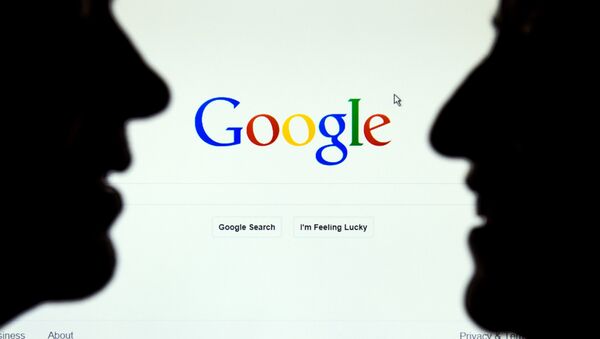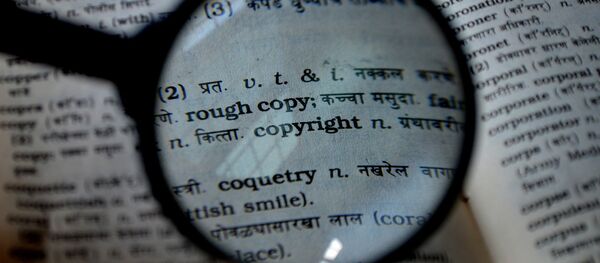As the European Union is working on a controversial new copyright law that will give publishers the right to demand money from web platforms if parts of their articles pop up in new search results or reposts, Google is floating pulling Google News from the continent in response, according to Jennifer Bernal, the tech giant’s policy manager for Europe, the Middle East and Africa, as quoted by Bloomberg.
She asserted that Google is considering a variety of options and will analyse at length the new rules, once they are introduced, before making a final decision, adding that the tech giant would withdraw its service from European soil rather reluctantly.
Google has stated that news service is not a direct source of revenue, but the news aggregator attracts mobile users, who place queries that may potentially be used in contextual ads and thus generate lucrative revenue. The question is still open about the pros and cons that the move might have for publishers themselves, many of whom rely on the search engine for traffic to their sites.
There is at least one EU country that has already broken its business ties with Google – that is Spain, where Google shut its news service in 2014 after the country passed a law stipulating that Spanish publishers charge news aggregators for displaying fragments of their stories, irrespective of whether they want to or not.
The decision by the EU to follow suit with a similar rule has meanwhile sparked criticism from publishers, both large and small, as well as freedom of speech activists.
“Limiting publishers’ freedom in this way will result in detrimental consequences for us, as shown by a similar experience in Spain”, European Innovative Media Publishers said in an October letter to lawmakers.
Google said the move would force the company to choose which publishers to license, effectively drawing a line between winners and losers, with the latter most likely to be the majority of small publishers.
There are, however, those who are not taking the threat seriously, arguing the company is in desperate need of the European market.
"I don’t buy the threat — they really need Europe”, said François Godard, a European media analyst at research firm Enders Analysis. “It’s up to Google to come up with a responsible solution. I’m not that worried — these people are very bright”.
The Copyright Directive, initially proposed back in 2016, was projected to be finalised early this week, but it has been postponed due to member states’ partial disagreement over some provisions.
READ MORE: Memes Are Safe: European Parliament Rejects Controversial EU Copyright Law
The Directive is yet another regulatory step to be taken by the European bloc: as in May 2018, the EU’s General Data Protection Regulation (GDPR) came into force, overseeing huge fines of up to 4 percent of a company’s global revenue for violations of user privacy. Most recently, under the new regulation, France imposed a whopping $57 million fine on Google due to a lack of transparency and clarity in the way the US company informs users about its handling of personal data. After European pressure groups None Of Your Business (Noyb) and La Quadrature du Net issued a complaint that led to the fine, Google stated in response that it was attentively studying the ruling:
"People expect high standards of transparency and control from us. We're deeply committed to meeting those expectations and the consent requirements of the GDPR. We're studying the decision to determine our next steps”.


